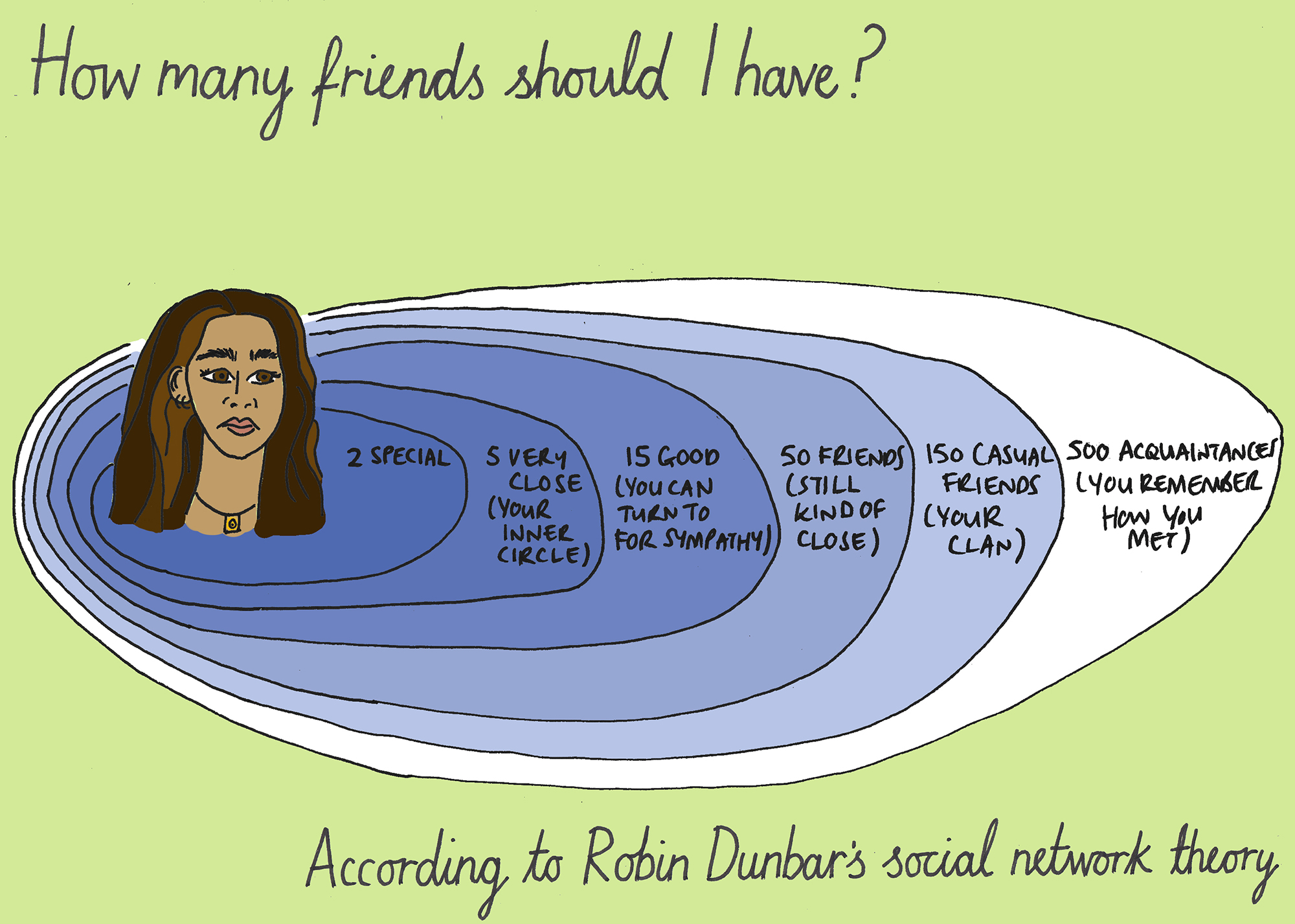Every kid is told throughout their life to “Stand up straight!” or “Keep your shoulders back”. From parents to teachers to motivational speakers, this is a commonly uttered phrase, but why is it so common and why is it so good for you? Well first, we should look at the reasoning behind this rule and why Peterson decided it was so important to put it first.
Peterson explains that while reading about the neurophysiology of neurochemical systems, he came across a study about lobsters. Now of course this seems odd “How can lobster’s brains relate to standing up with your shoulders back?”, I thought the same at first, until I did a bit more research.
When lobsters fight, it was found that the loser closes up and makes itself look smaller, while the winner will stretch out and make itself bigger to single who was the winner. Due to serotonin, the “happiness chemical”, the lobster who won is more likely to go on to win its next fight, while the lobster who lost is more likely to go on to lose its next fight. The lobster who is stretched out gives off an aura of confidence and competence to the others to show it is better. The same can be shown in humans.
Walking standing straight and with your shoulders back, or stretched out, you give off an aura of confidence and competence as well. Another well-known idea is that your mental and physical states feed off of each other. You smile because you are happy or you frown because you are sad, but smiling and frowning actually make your brain feel that feeling more! In the same vein, if you stand up straight, you feel more confident to yourself as well as projecting that confidence out to the world.
A quote by Peterson helps to explain this, “To stand up straight with your shoulders back is to accept the terrible responsibility of life, with eyes wide open. It means deciding to voluntarily transform the chaos of potential into the realities of habitable order. It means adopting the burden of self-conscious vulnerability, and accepting the end of the unconscious paradise of childhood, where finitude and mortality are only dimly comprehended. It means willingly undertaking the sacrifices necessary to generate a productive and meaningful reality”, all of that to mean you open yourself up to the world by standing up straight and being open, instead of slouched over in a protective shell.
In conclusion, this rule, one of the simplest, is one of the best ways to help improve your life quickly. Not only by projecting an air of confidence, but it will also make you believe in the confidence you hold and continue to raise that confidence level in the future.
 Adam and Eve both gained self-consciousness after eating the fruit and realized that they were naked. Having realized this, they hid from God when he called Adam for their daily walk.
Adam and Eve both gained self-consciousness after eating the fruit and realized that they were naked. Having realized this, they hid from God when he called Adam for their daily walk. We sit at home and watch TV for hours when we would tell others that they need to exercise and send them to the gym. That is the true challenge of this rule. It’s hard to treat yourself better than you believe you deserve, because how are you ever gonna be capable of being responsible for and treating someone well if you aren’t treating yourself the same way. Why else would flight attendants tell you to secure your own breathing mask first before helping others?
We sit at home and watch TV for hours when we would tell others that they need to exercise and send them to the gym. That is the true challenge of this rule. It’s hard to treat yourself better than you believe you deserve, because how are you ever gonna be capable of being responsible for and treating someone well if you aren’t treating yourself the same way. Why else would flight attendants tell you to secure your own breathing mask first before helping others?

